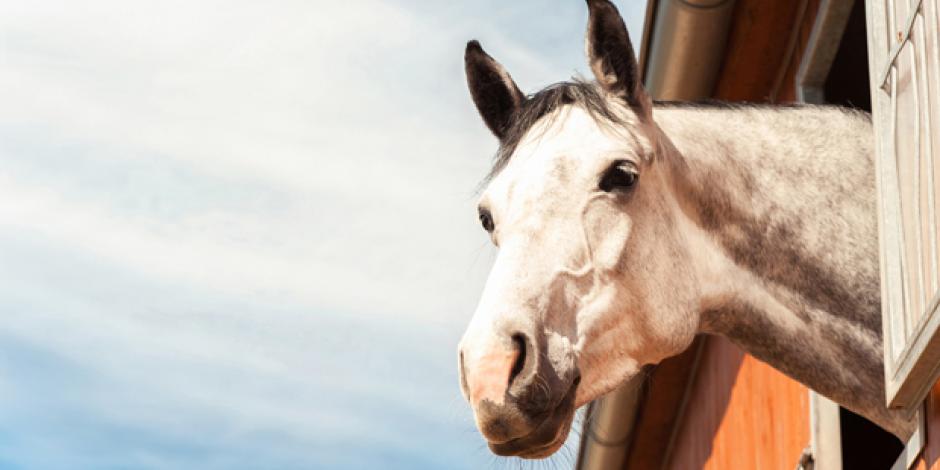You are in a pub in London’s financial district and are having a nice chat with some friends. While you are talking, you overhear sth.etw. zufällig mit anhörenoverhear parts of other conversations. For some reason that you don’t understand, everyone seems to be talking about animals. Here are ten of the comments you hear:
-
“It’s a real cash cow, you know.”
-
“I think it’s a total white elephant.”
-
“They want us to pony up the funding.”
-
“They are real sharks.”
-
“I think I’ll put a pony on that horse.”
-
“Is that all? That’s chicken feedhier: Futterfeed.”
-
“This new watch cost me a monkey.”
-
“I think it’s a dead cat bounce.”
-
“The bears are in control now.”
-
“I couldn’t give a monkey’s about finance.”
Eh? What’s going on here with all these animals? In fact, the topic of conversationGesprächsthematopic of conversation in all but one case was money. Let’s have a closer look at the expressions.
-
A cash cowGoldesel, Melkkuhcash cow is a product or project that is very profitable.
-
A white elephantFehlinvestitionwhite elephant is something whose cost is much greater than its value. It is often used to refer to building projects — such as Olympic stadium (pl. stadiums or stadia)Stadionstadiums — that end up being a waste of money.
-
To to pony upberappen, blechenpony up a sum of money means to “pay” or “contribute” it.
-
A sharkHaishark is someone who to swindlejmdn. betrügenswindles others, often financially. A “loan sharkKredithailoan shark” is someone who lends money (often illegally) at very high rate of interestZinssatzrates of interest.
-
In informal British English, a pony is £25. The horse in this sentence really is an animal — a racehorse, which the person speaking wants to to bet on sth.auf etw. setzenbet on.
-
chicken feedlächerliche Summe, PeanutsChicken feed is a very small sum of money.
-
In informal British English, a monkey is £500.
-
A dead cat bouncekurzfristige Erholung der Aktienkursedead cat bounce is a small and temporary recovery in share priceAktienkursshare prices after they have fallen dramatically.
-
bearBärBears are pessimistic investors who sell shares because they believe that prices will fall. The opposite group is “bullBullebulls”.
If you weren’t interested in those definitions, maybe you’ll like the last one: If you say you I couldn't / don't give a monkey's (UK, ifml.)das ist mir scheißegalcouldn’t / don’t give a monkey’s about something, this has nothing to do with money. Instead, this informal British expression means that you are not at all interested in something. Even more informally, you could say I couldn’t / don’t give a rat’s ass / arse.

Ian McMaster is editor-in-chief of Business Spotlight. You can contact him via i.mcmaster@spotlight-verlag.de
Read his blog on global business in our Opinion section.
Neugierig auf mehr?
Dann nutzen Sie die Möglichkeit und stellen Sie sich Ihr optimales Abo ganz nach Ihren Wünschen zusammen.



